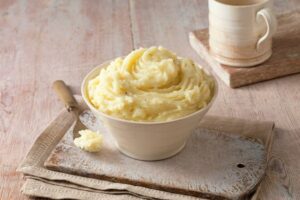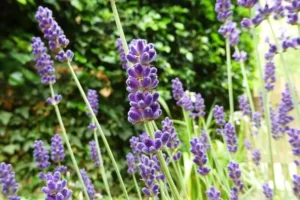Gardeners’ World star Alan Titchmarsh has shared a clever tip to help your plants thrive – and it’s all to do with the one ingredient you need to add before mulching
11:40, 04 Aug 2025

Gardeners’ soil could be the culprit if their plants aren’t flourishing despite consistent watering.
On his own personal YouTube channel, Gardeners’ World legend Alan Titchmarsh suggests adding a touch of mulch to breathe life back into weary flowerbeds.
He advises gardeners: “Mulch give your plants a boost, seals in moisture to reduce watering and makes sure that weeds have much less chance of growing.”
You can utilise your own well-rotted garden compost as mulch, or purchase ready-made mulch – frequently branded as “soil improver.”
But whether you’re applying shop-bought or homemade varieties, there’s one crucial step you must take first.
Alan’s “secret extra tip,” he reveals, is to scatter some fish, blood and bone meal before laying your mulch, as it will replenish essential nutrients to your soil.
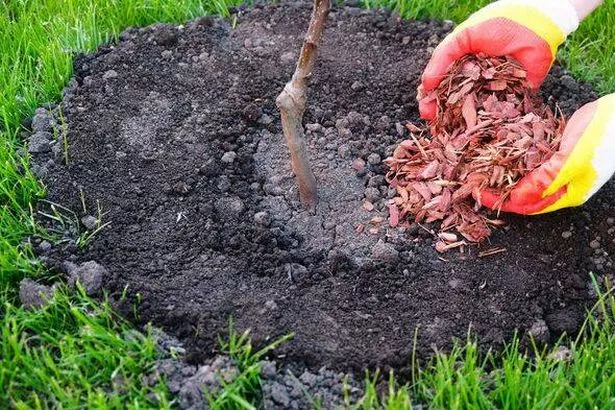
He explains: “lt contains the three main plant nutrients; nitrogen, phosphates and potash, but they need to be broken down by soil bacteria before the plant can take them up, and that means that you’re encouraging a healthy soil rich in good bacteria.”
Alan emphasises that the bone meal – and the mulch, should be distributed in a circle around the growing plants, rather than piled directly on top of them.
You should also give the area a thorough watering first. He stresses: “The important thing is that when you put mulch down the soil is already moist.
“If you put it on dry soil it can sort of seal in the dryness …but you’re sealing in moisture and making sure those plants have a constant supply.”
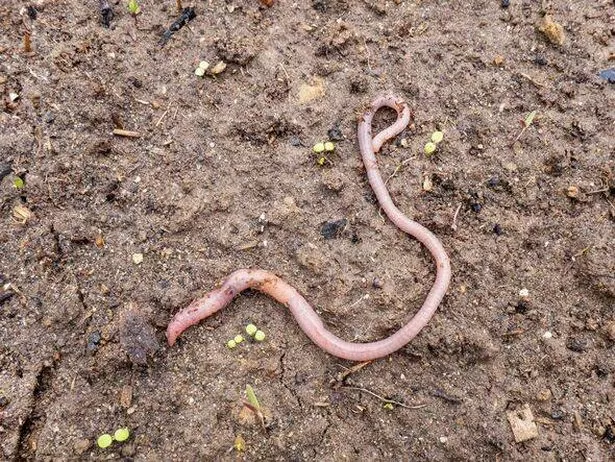
Monty Don has been quoted saying that mulching can be done at any time of the year, advising gardeners: “The best time to put down a mulch is whenever you get round to do it,” highlighting its benefits for protecting flower beds during heatwaves.”
Alan creates his own compost from kitchen scraps and garden trimmings, which he keeps in a wooden bin topped with “with a bit of old carpet”.
He notes that home-made compost becomes ready for use much quicker in warm conditions, suggesting that “in about 3 months if you’re lucky,” it can turn into a decent mulch, even though it might usually take up to a year.
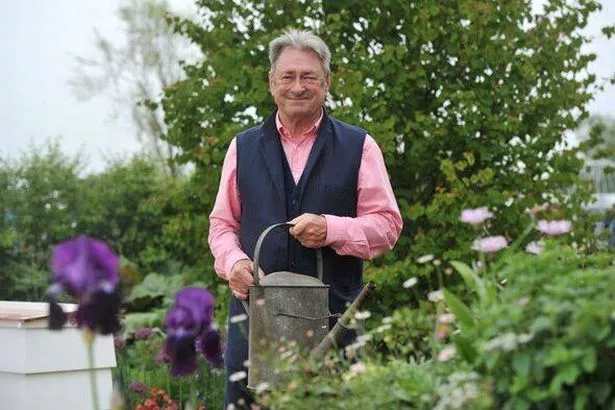
Alan also speaks highly of composted bark as an alternative, revealing his fondness for its scent by saying: “It has a wonderfully woodland smell,” and “Absolutely glorious.”
He endorses composted bark for its dual purpose of retaining moisture and suppressing weeds, explaining how it benefits the soil: “The worms will take this down,” Alan says. “It’s a good organic enrichment for your garden soil.”


